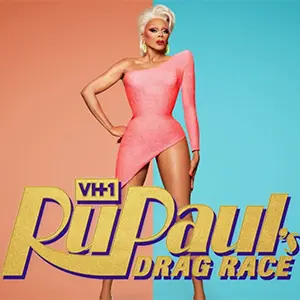RuPaul's Drag Race matters now more than ever amid a wave of anti-LGBTQ legislation
-

"This highly orchestrated and openly hateful campaign might make any TV show seem trivial," says Spencer Kornhaber. "Yet pop culture is deeply bound up with the politics of acceptance." Kornhaber pointed to a New York Times Op-Ed on Florida's "Don't Say Gay" bill by a high school student in the state who first realized he was gay when a classmate showed him a picture of RuPaul. "In recent years, it’s become easy to roll one’s eyes at the progressive notion that visibility will end the oppression of marginalized people," says Kornhaber. "Drag Race ads plaster billboards across America with images that challenge the gender binary, but they do not, according to one ever more common line of thinking, get laws passed. Yet knowing what queerness is, having language to discuss difference, and having role models that other generations were denied have clearly helped lead record numbers of young people (and adults!) to identify as LGBTQ recently—exactly the shift that regressive Republicans would like to roll back. Part of that shift is a result of policy that makes expressing oneself less risky and of education that is honest about the range of identities in the human experience. But part of it is also no doubt a result of mass entertainment that is more inclusive. Drag Race, in particular, helps clarify what queer education means for children. The soul of the show lies in viewers coming to understand how contestants’ personas have been shaped by their life stories. This inevitably involves the performers sharing memories of their youth—which can include tales of repression and trauma, but also of joy and exploration and, for some, life-saving parental or community support."
TOPICS: RuPaul’s Drag Race, VH1, RuPaul Charles, LGBTQ, Reality TV
More RuPaul’s Drag Race on Primetimer:- RuPaul's Drag Race Season 18 queens tease chaos, conflict, and questionable fashion
- "The guy who jokes about DV?": New ELF ad controversy explained as netizens call out brand over Matt Rife's inclusion
- "Wiping the points you've earned": RuPaul's Drag Race All Stars judges reveal the rules for the Tournament of All Stars semi-final
- Drag Race Is the One Reality Show You Can't (Social) Game
